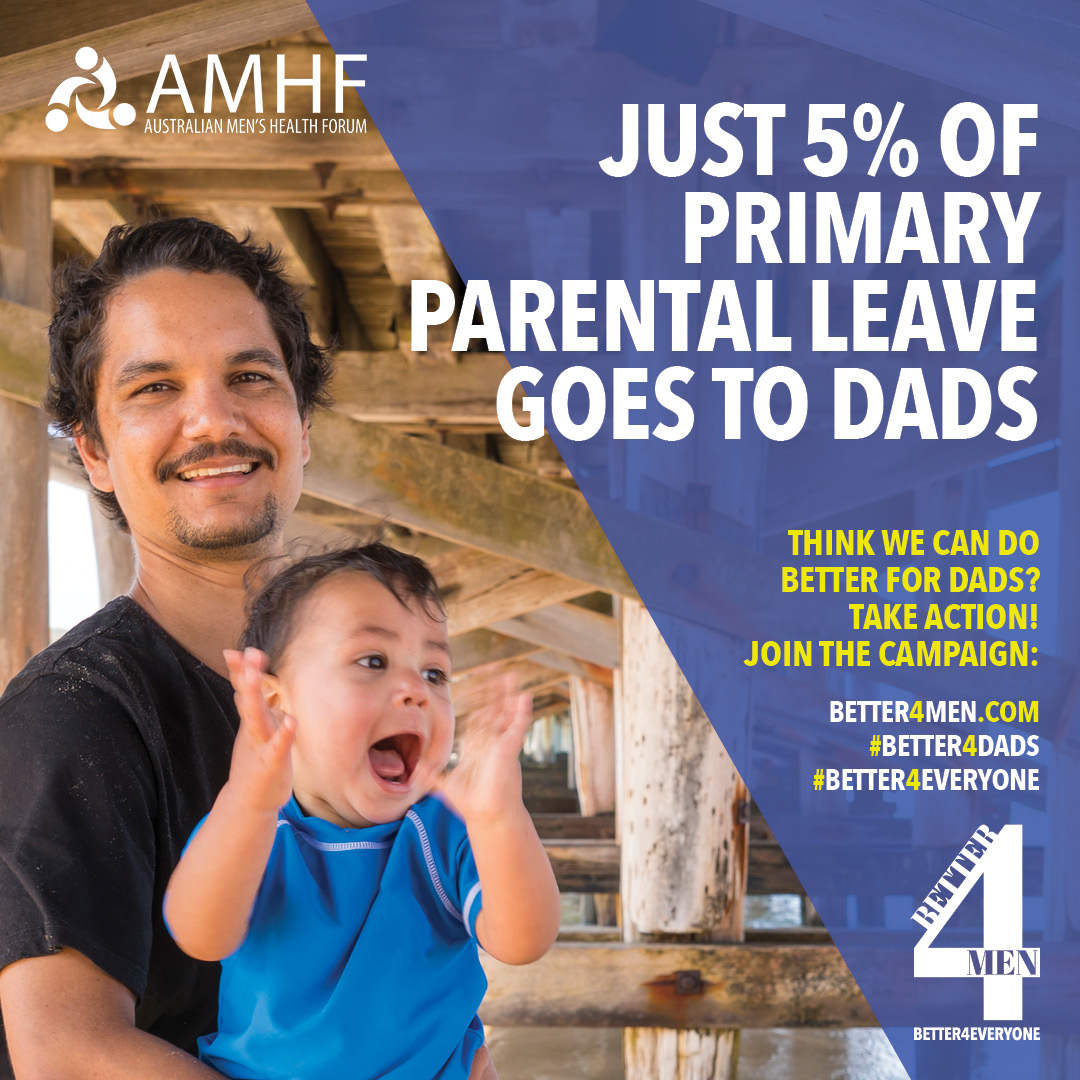If kids are overweight, tell dad say researchers
Childhood obesity is a major health issue in modern economies around the world, but many parents are resistant to receiving health warnings about their children’s weight.
New research from New Zealand has found that while nearly two-thirds of parents would like to be made aware if their children’s weight was putting their health at risk, they would find the news upsetting and worrying.
The research also found that men (e.g. fathers and grandfathers) were more likely to be receptive to being given health warnings about their children’s (or grandchildren’s) weight, than women on average. Asian families and grandparents in general were also more receptive.
The findings provide more evidence about the important role that dads (and other family men) play in shaping the lives and health of children.
Dads are known to influence their children’s health in positive and negative ways. The evidence that involved dads positively influence their children’s health, social success and academic achievements is compelling and robust.

HELP US SUPPORT INVOLVED FATHERHOOD (#BETTER4MEN CAMPAIGN)
On the flip side, parents can also impact their children’s health in negative ways. For example, four year-olds with obese or overweight dads are up to 15 times more likely to be overweight four years later.
Around Australia, programs like The Fathering Project and Healthy Dads Healthy Kids are taking action to optimise the positive benefits that involved fatherhood can have on the lives and health of dads, kids and mums. Elsewhere, the Australian Fatherhood Research Consortium is leading on work to build a robust evidence base around fatherhood.
A big problem? Childhood obesity in Australia
An estimated 28% of children and adolescents in Australia are overweight or obese. In certain groups such Aboriginal and Torres Strait Islander peoples, the number of children with obesity appears to be even higher.
In 2014–15, 1 in 5 (20%) children aged 2–4 were overweight or obese—11% were overweight but not obese, and 9% were obese. About 1 in 4 (27%) children and adolescents aged 5–17 were overweight or obese—20% were overweight but not obese, and 7% were obese.
For both children aged 2–4 and 5–17 years, similar proportions of girls and boys were obese. For children aged 5–17, the prevalence of overweight and obesity rose from 21% in 1995 to 25% in 2007–08, then remained relatively stable to 2014–15.
Among adults, in 2014–15, 71% of men were overweight or obese, compared with 56% of women. A greater proportion of men (42%) than women (29%) were overweight but not obese, while a similar proportion of men (28%) and women (27%) were obese.

TAKE ACTION FOR MEN'S HEALTH
READ: Childhood obesity best raised with dads say researchers (The Sector)
TAKE PART: Australian Fatherhood Research Symposium (May 2019)
JOIN: Help us support involved fatherhood (#Better4Men Campaign)
RESEARCH: A picture of overweight and obesity in Australia 2019 (PDF)
